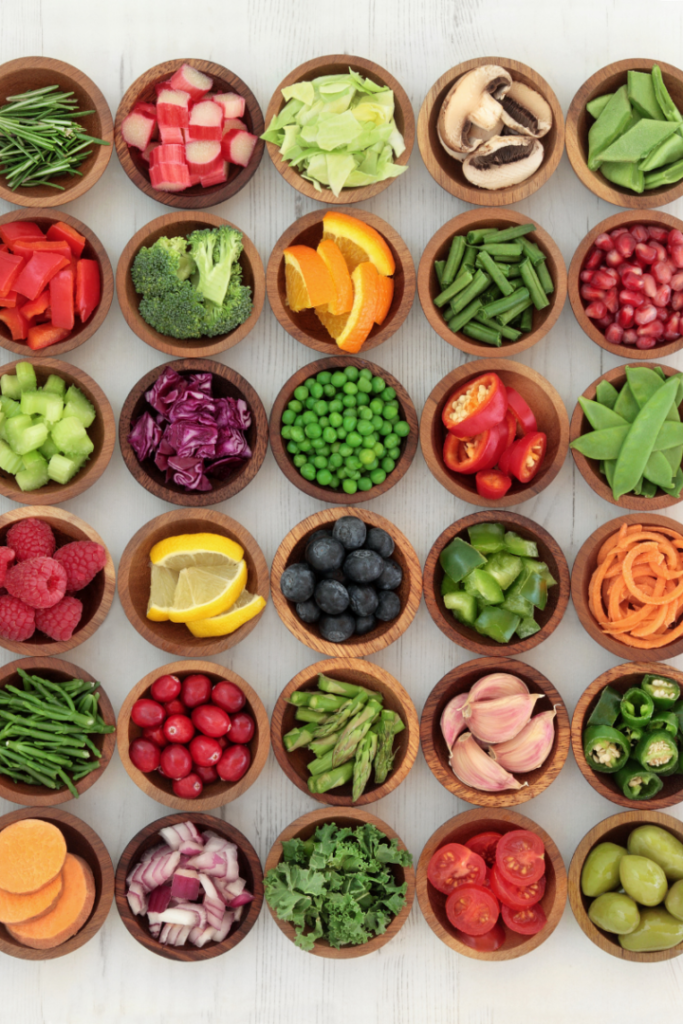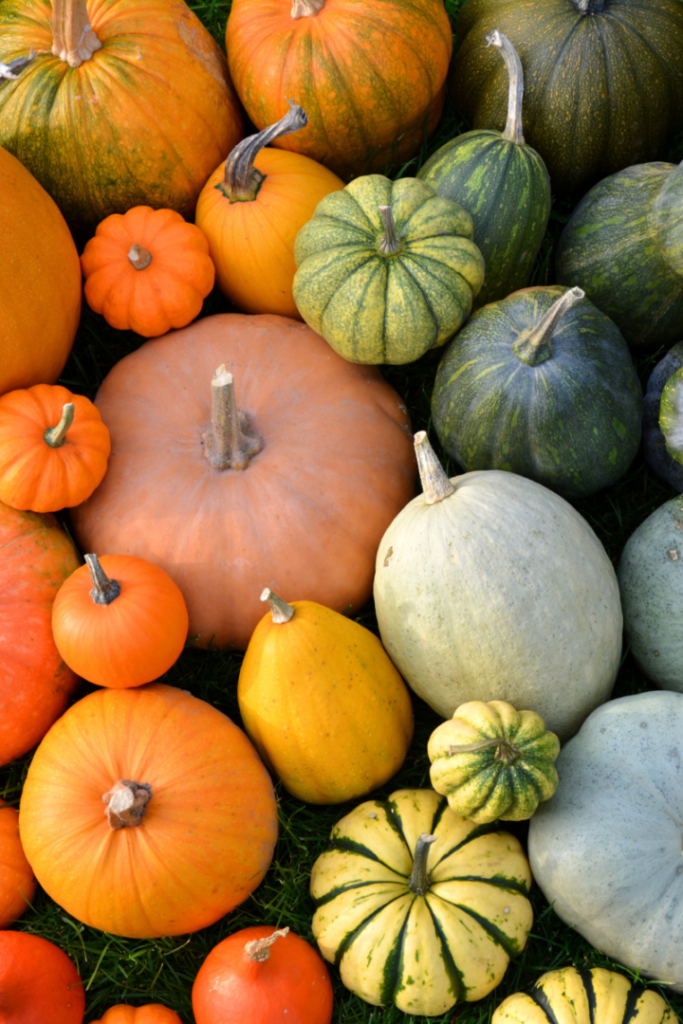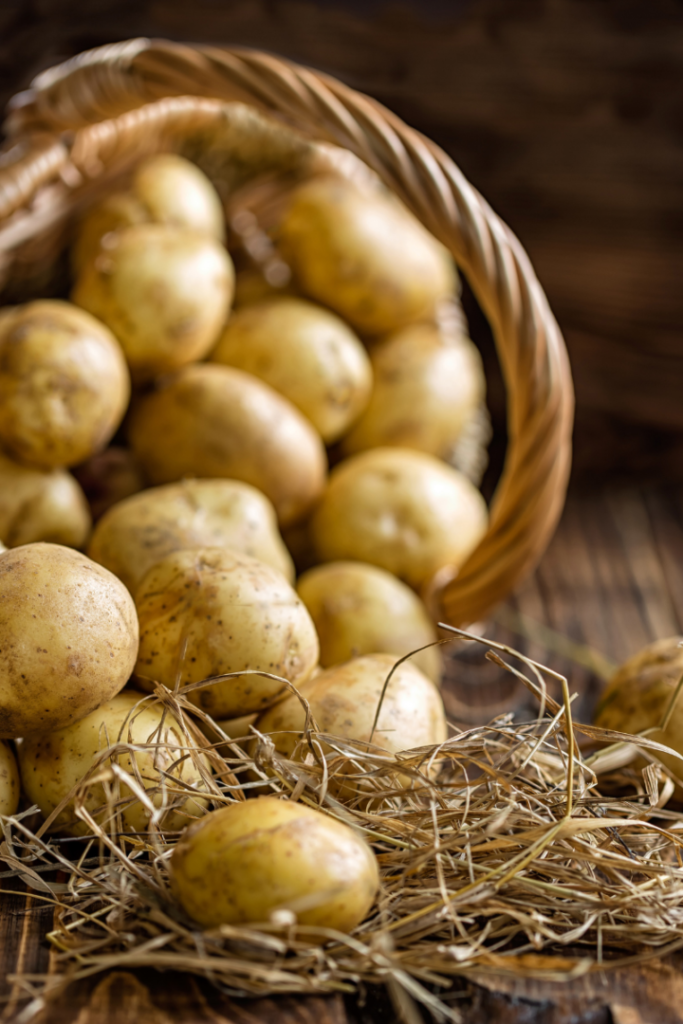Briana Brown, NTP, CrossFit L1
UNDERSTANDING THE MACRONUTRIENTS: CARBOHYDRATES

Role of Carbohydrates in the Body
Carbohydrates are another macronutrients that carry a dogma in mainstream nutrition. “Low-carb” is a term that you can find on food packaging, magazine covers, and daytime television shows, but what role do carbs really play in our body and why are they so important?
As we have learned in the fat and protein posts, each macronutrient is a source of energy, but I consider carbohydrates to be the true fuel to keep us going.
Carbohydrates take two main forms:
- Glucose: provides a quick source of fuel for the brain and muscles. Carbs are important to consume before and after workouts as they fuel workouts and support recovery.
- Fiber: Helps provide fuel for our microbiome and ensures regular elimination of waste.
Carbohydrates also:
- help us fight infections, grow new body tissue such as bones and skin, and lubricate our joints when combined with fat and protein.
- are vital for optimal thyroid and hormone function. For example, insulin and carbohydrates stimulate the conversation of T4 thyroid hormone to activate the T3 thyroid hormone.
The amount of carbohydrates needed to fuel your body is very dependent on your goals, activity level, and your body. With that said, I encourage 400-600 grams of vegetables and 200-300 grams of fruit per day as a base goal. Additionally, I recommend working with your coach to determine a more concrete number that is tailored to your body, daily activity levels, and personal goals.

Sources of Carbohydrates
At the core, carbohydrates are made of carbon and water and can be found in a plethora of different kinds of foods. When choosing carbohydrates, we want to choose sources that contain antioxidants, vitamins, minerals, and fiber. Generally, this includes fruits and vegetables with some other nutrient dense sources.

Vegetables: Squash (acorn, delicata, butternut, kabocha, spaghetti), potatoes, sweet potatoes, yams, carrots, turnips, parsnips, beets, yucca/casava, pumpkin, broccoli, brussel sprouts, organic corn, cauliflower, green beans, etc.
Fruits: Peaches, oranges, avocados, apricots, grapefruit, pears, pomegranates, kiwi, papaya, cantaloupe, honeydew, banana, blueberries, blackberries, apples, cherries, watermelon, pineapple, mango, nectarine, raspberries, strawberries, plantains
Other Sources: Rice, quinoa, honey, maple syrup, oats, high quality breads/tortillas/pastas, chickpeas, beans
*Gluten often causes GI distress for many, so don’t be afraid to dabble with gluten-free products
